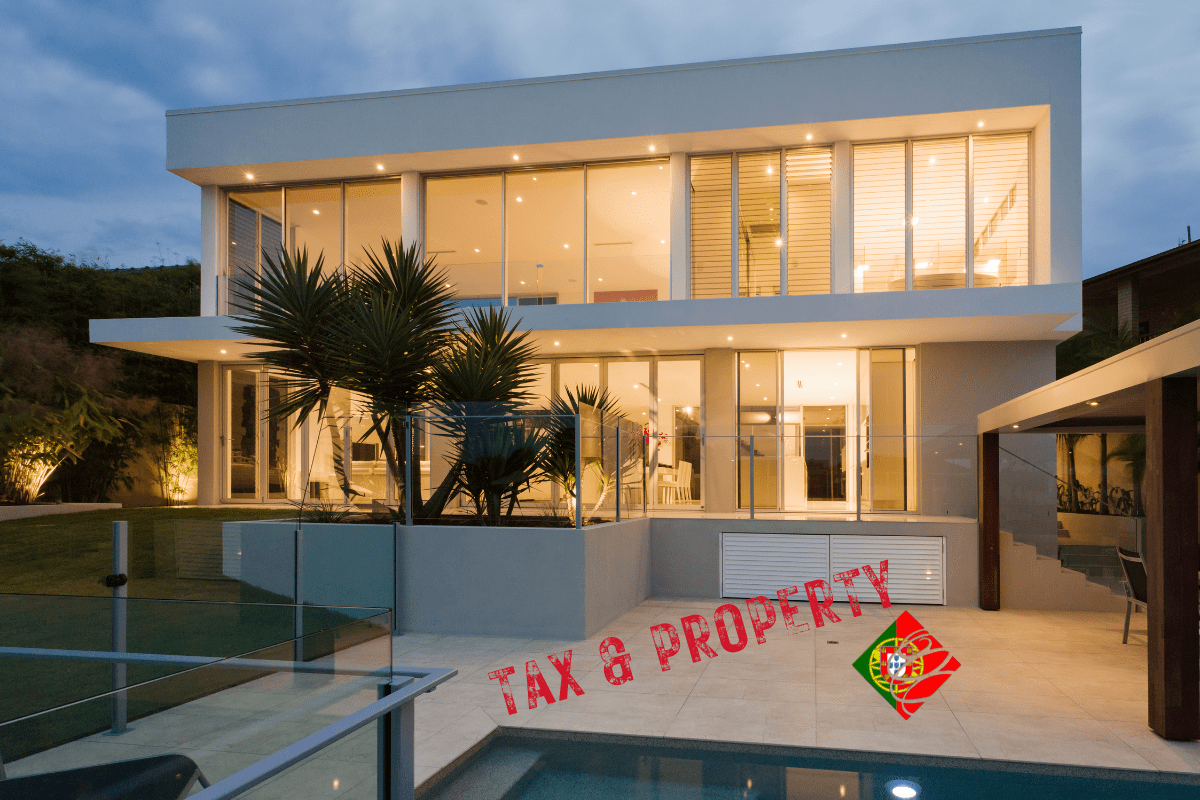I’m often asked for my opinion on property as an investment, either in Portugal or elsewhere and I must admit it doesn’t tick many boxes as an investment.
For example, it is generally subject to income tax, capital gains tax and succession tax, as well as ongoing local rates. It cannot be converted into cash quickly or easily (illiquid) and it is expensive and time-consuming to maintain. It also comes with administrative issues such as unruly tenants, rental void periods and due to its static nature, it is difficult to plan around.
Having said this, property continues to be a popular investment choice as it is easy to understand and you can touch it, giving investors a sense of security and reduced risk. Additionally, we probably all know a few ‘property millionaires’. So, what are the planning angles and how can you ‘get out’ and enjoy your spoils tax efficiently?
Capital gains tax (CGT)
Portuguese residents are subject to capital gains tax (CGT) on their worldwide property gains, unless the property was purchased before 1st January 1989, in which case CGT does not apply.
For Non-Habitual Residents (NHR) selling Portuguese property and non-NHRs CGT is due on 50% of the gain and is added to your other income in that tax year and taxed at scale rates.
In addition to this, if the property is located overseas, tax may also be due in the country the property is located. However, if there is a double taxation agreement between the two countries e.g. Portugal and the UK, you should not pay tax twice on the same gain.
Portuguese property
NHR status does not have an impact on the taxation of Portuguese property. The tax treatment is the same for NHR and normal residents, but despite the potential for eye-watering levels of tax, there are some reliefs available if the property you are selling is your home – it does not apply to rental property sold in Portugal. The two reliefs mentioned can be used in isolation or conjunction.



